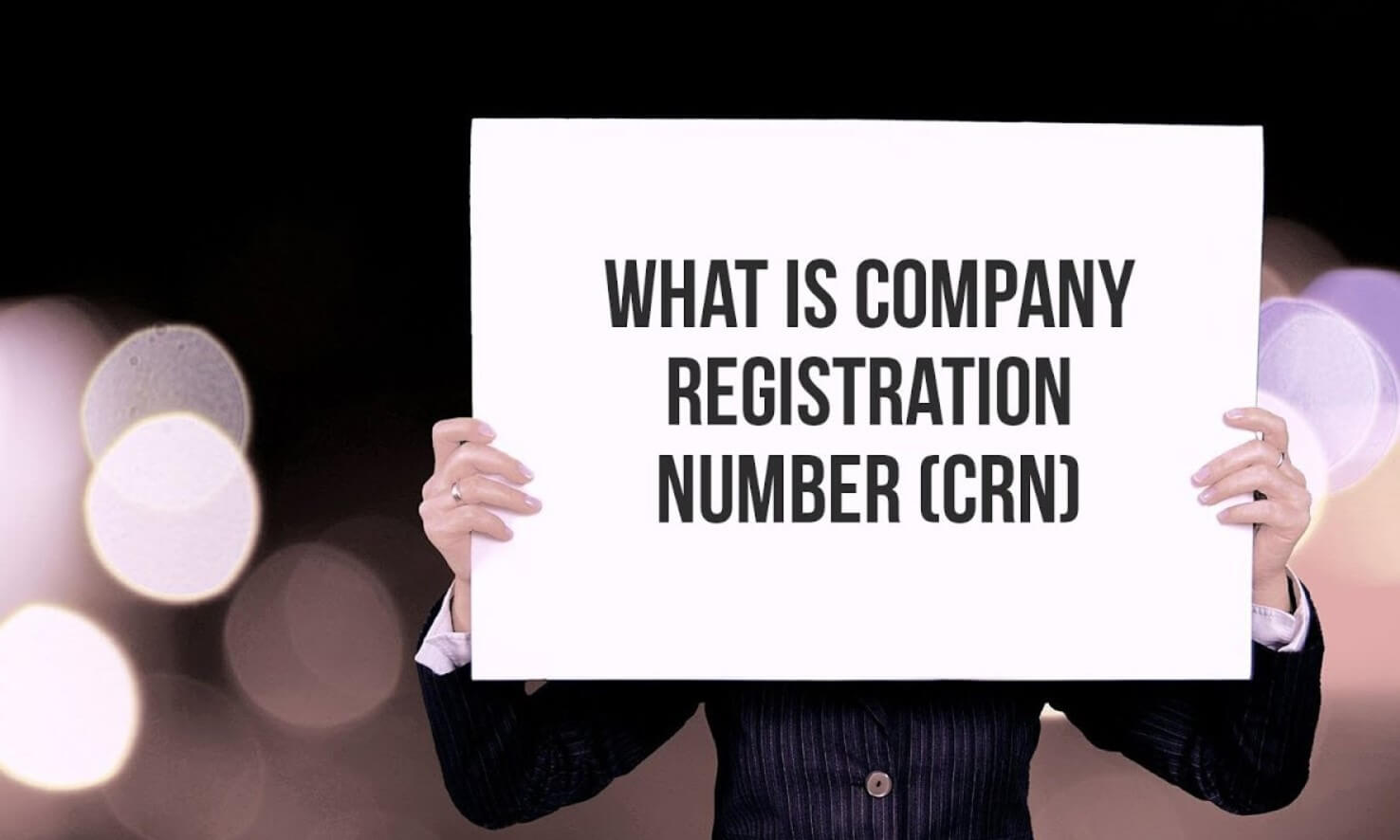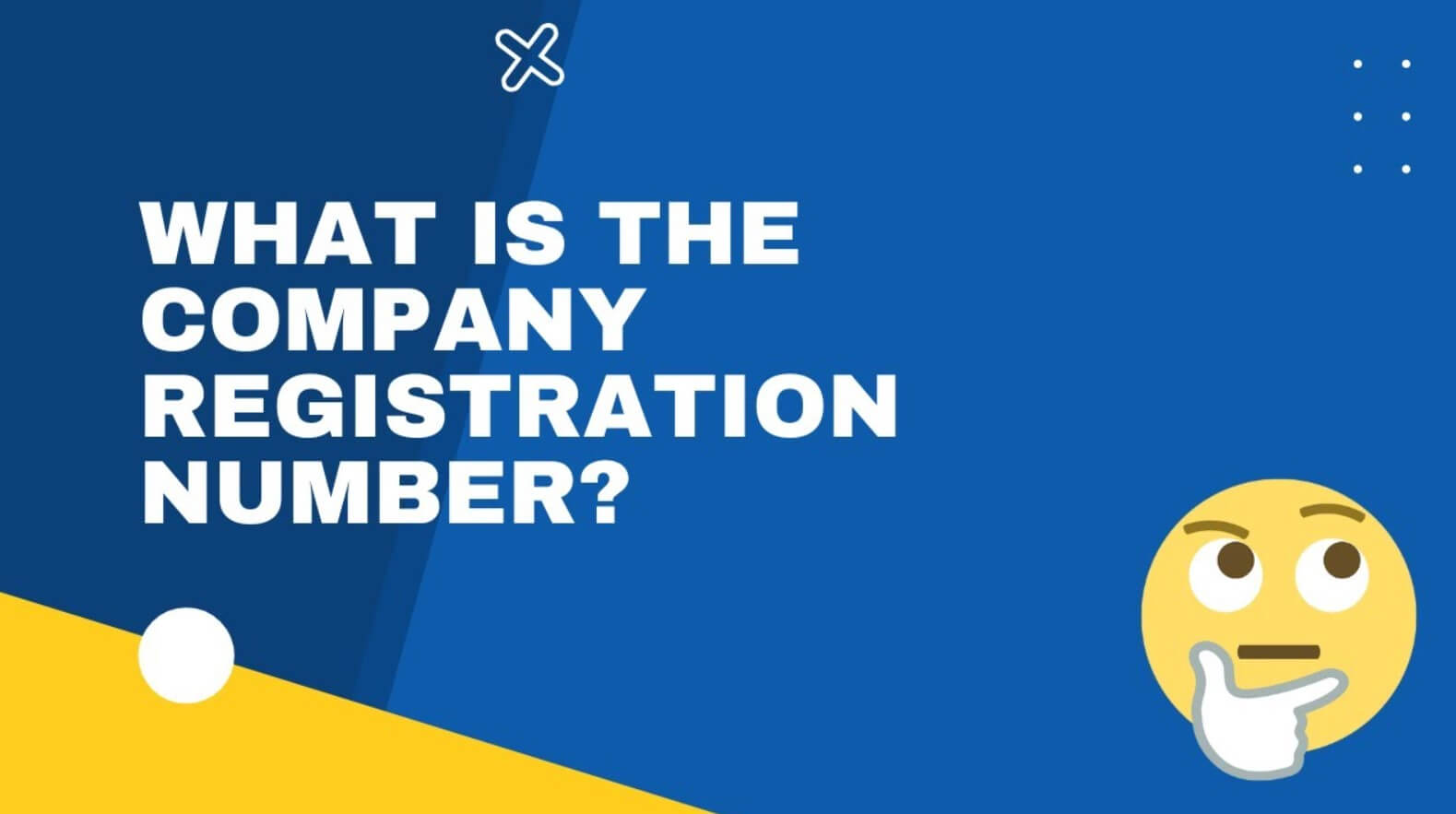What is a Company Registration Number and How to Easily Find It?

When starting or managing a business, understanding the legal requirements is crucial. One such important aspect is the Company Registration Number (CRN)—a unique identifier assigned to every registered company. This number plays a vital role in ensuring the business's legal and financial identity and is often required for administrative purposes, taxation, and compliance.
Whether you're a budding entrepreneur or an established business owner, learning what a CRN is, why it matters, and how to find it can save you time and avoid legal troubles. In this guide, we'll delve deep into the world of CRNs, unravel their significance, and equip you with actionable steps to locate yours effortlessly.
What is a Company Registration Number?

A Company Registration Number (CRN) is a unique alphanumeric code assigned to a company when it is officially registered with the relevant government authority, such as a Companies Registry or Registrar of Companies. This number serves as a legal identifier for the business and helps distinguish it from other entities.
Key Features of a CRN
- Uniqueness: Each company has a distinct CRN, ensuring no two businesses share the same identifier.
- Structure: The format of the CRN varies depending on the country. It can include numbers, letters, or a combination of both.
- Purpose: CRNs are used for legal, taxation, and compliance purposes.
Why is the Company Registration Number Important?
A CRN is not just a formality—it's a critical component of a company's identity. Here's why it matters:
1. Legal Identity of the Business
The CRN acts as the official proof that a company has been registered with the government and is legally recognized to operate.
2. Essential for Compliance
Many regulatory filings, including annual returns, tax filings, and audits, require the CRN to ensure compliance with local laws.
3. Useful for Transparency
The CRN promotes transparency and accountability, making it easier for stakeholders, clients, and the government to verify a company’s authenticity.
4. Facilitates Business Transactions
Lenders, suppliers, and partners often request a company's CRN to establish its legitimacy before engaging in business dealings.
Where is the Company Registration Number Found?
Knowing where to find your CRN is vital, especially when you need it for official documentation. Below are some common places where your CRN can be located:
1. Certificate of Incorporation

When a company is registered, the authorities issue a Certificate of Incorporation. This document prominently displays the CRN.
2. Official Business Documents
The CRN often appears on official documents such as:
- Invoices
- Contracts
- Tax filings
- Business licenses
3. Online Company Registry
Most countries maintain an online database of registered companies. By entering the company's name, you can quickly retrieve the CRN.
4. Communication with the Registrar of Companies
If you cannot locate the CRN on documents, contacting the registrar’s office can help. They usually have a database of all registered companies.
How to Find Your Company Registration Number
Finding your CRN doesn't have to be a daunting task. Follow these simple steps:
Step 1: Check Your Certificate of Incorporation
The Certificate of Incorporation is the first document to check, as it always includes the CRN.
Step 2: Visit the Official Company Registry Website
Most countries have a public database for company registrations. Search for your business name or registration details to locate your CRN.
Step 3: Review Official Business Communications
CRNs are often included in official letters and correspondence from the registrar or tax authorities.
Step 4: Contact Your Company Secretary
If you have a company secretary, they will likely have access to all legal documents and can provide you with the CRN.
How is a Company Registration Number Used?
A CRN is required in various scenarios, including but not limited to:
1. Opening a Business Bank Account
Most banks require the CRN to open a business account, as it verifies your company’s legitimacy.
2. Filing Annual Returns and Taxes
Tax authorities require the CRN to process returns and maintain records of the business’s financial activities.
3. Applying for Loans or Credit
Financial institutions ask for the CRN to evaluate the company’s history and verify its legal existence.
4. Signing Contracts
When entering agreements with suppliers, clients, or partners, the CRN is often included to authenticate the business.
What Happens if You Lose Your Company Registration Number?
Losing your CRN can cause delays in business operations. Here’s what you should do if it happens:
1. Retrieve it from the Certificate of Incorporation
If the document is misplaced, request a duplicate from the relevant authority.
2. Access Online Registry Services
Most registries allow companies to search their database and retrieve their CRN.
3. Contact the Registrar Directly
Provide your company name, registration details, and proof of identity to retrieve the CRN.
Differences Between a CRN and Other Business Identifiers
It's easy to confuse the CRN with other business identifiers, such as tax numbers or business license numbers. Here’s how they differ:
| Identifier | Purpose | Issued By | Example Format |
|---|---|---|---|
| Company Registration Number (CRN) | Legal registration identifier | Registrar of Companies | Alphanumeric (varies) |
| Tax Identification Number (TIN) | Used for taxation purposes | Tax Authorities | Numeric |
| Business License Number | Proof of operational licensing | Local Licensing Authority | Numeric or Alphanumeric |
FAQs
What is the format of a CRN?The format of a CRN varies by country. In some cases, it’s purely numeric, while in others, it’s a mix of letters and numbers.
Is a CRN the same as a Tax Identification Number?
No, a CRN is used for legal identification, while a Tax Identification Number (TIN) is specific to taxation.
Can a sole proprietor have a CRN?
Generally, sole proprietors do not have a CRN unless they register as a limited company or corporation.
What happens if a company doesn't have a CRN?
A company without a CRN is considered unregistered, which can lead to legal penalties and limited access to financial services.
Do non-profits need a CRN?
Yes, non-profits and charities also receive a CRN upon registration to ensure legal compliance.
Can you change your company’s CRN?
No, a CRN is permanent and cannot be changed. However, a company can apply for amendments to other registration details.
Conclusion
Understanding the Company Registration Number is essential for every business owner. It’s not just a random sequence of characters but a cornerstone of your business's legal identity. From compliance to financial operations, the CRN simplifies processes and ensures accountability.
If you're unsure of your CRN, use the methods mentioned in this guide to find it without hassle. By keeping it accessible, you can streamline your business operations and stay on top of regulatory requirements.





